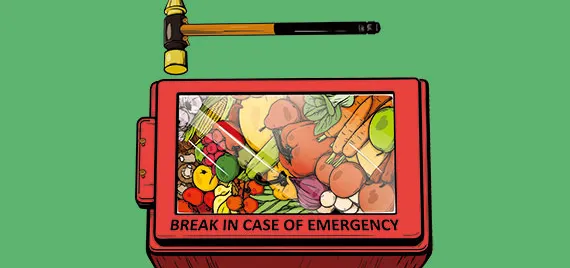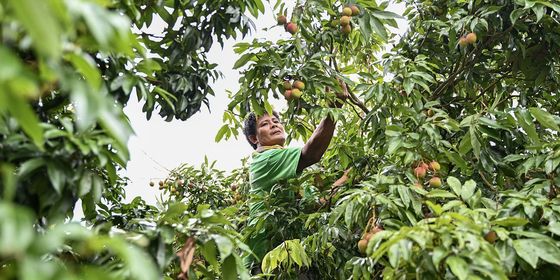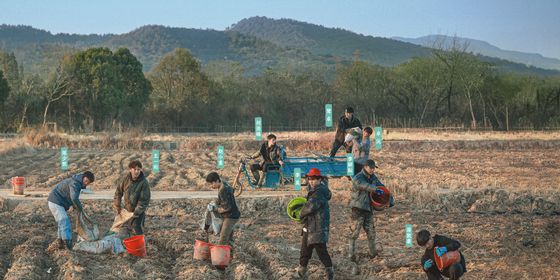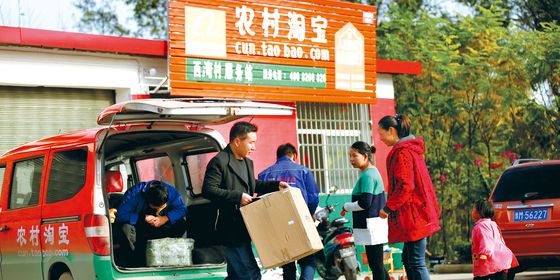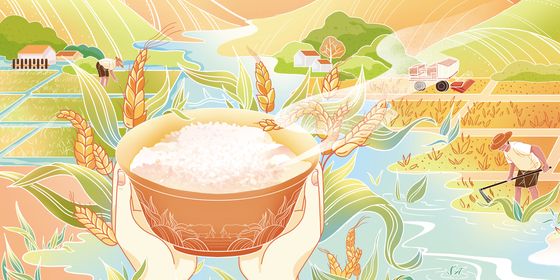Purchasing land abroad to help sustain a nation
Earlier this year, a Chinese company tried to buy a chunk of Australia the size of Wales (about the size of Kentucky, to provide an American example). The 250 million AUD purchase of the beef station was blocked by Australian regulators, who found security reasons to reject the sale that covered one percent of Australia’s gargantuan landmass. Plenty of pundits pointed out, however, that while Australia’s foreign investment review board is theoretically independent of the powers-that-be, politically speaking, rejecting the deal was easily the more palatable option in the current electoral climate.
The entire affair can be seen as a microcosm of China’s efforts to secure agricultural land worldwide; while seen as necessary by the Chinese authorities, it’s a massive endeavor that requires Chinese companies to navigate the political and social systems of other cultures, often with mixed results. From Africa to South America, Australia and Europe, Chinese companies are doing their best to secure local farm assets. This, of course, prompts the question as to why China is so desperate to buy foreign food and get its hands on foreign farms.
China’s issues with food security are entwined with its history. Famines, be they natural or manmade, have plagued successive dynasties and governments to such an extent that even today ensuring the nation has enough food, at stable prices, is a key concern of the authorities—so much so that China keeps a “strategic pork reserve” of both frozen pork and live pigs to deal with market fluctuations. It’s just one example of food security anxiety in the halls of power, which manifests in a number of policies, such as those geared toward self-sufficiency in grain production. The Communist Party of China has, ever since its inception, had a heavy emphasis on agriculture in its key policies.





